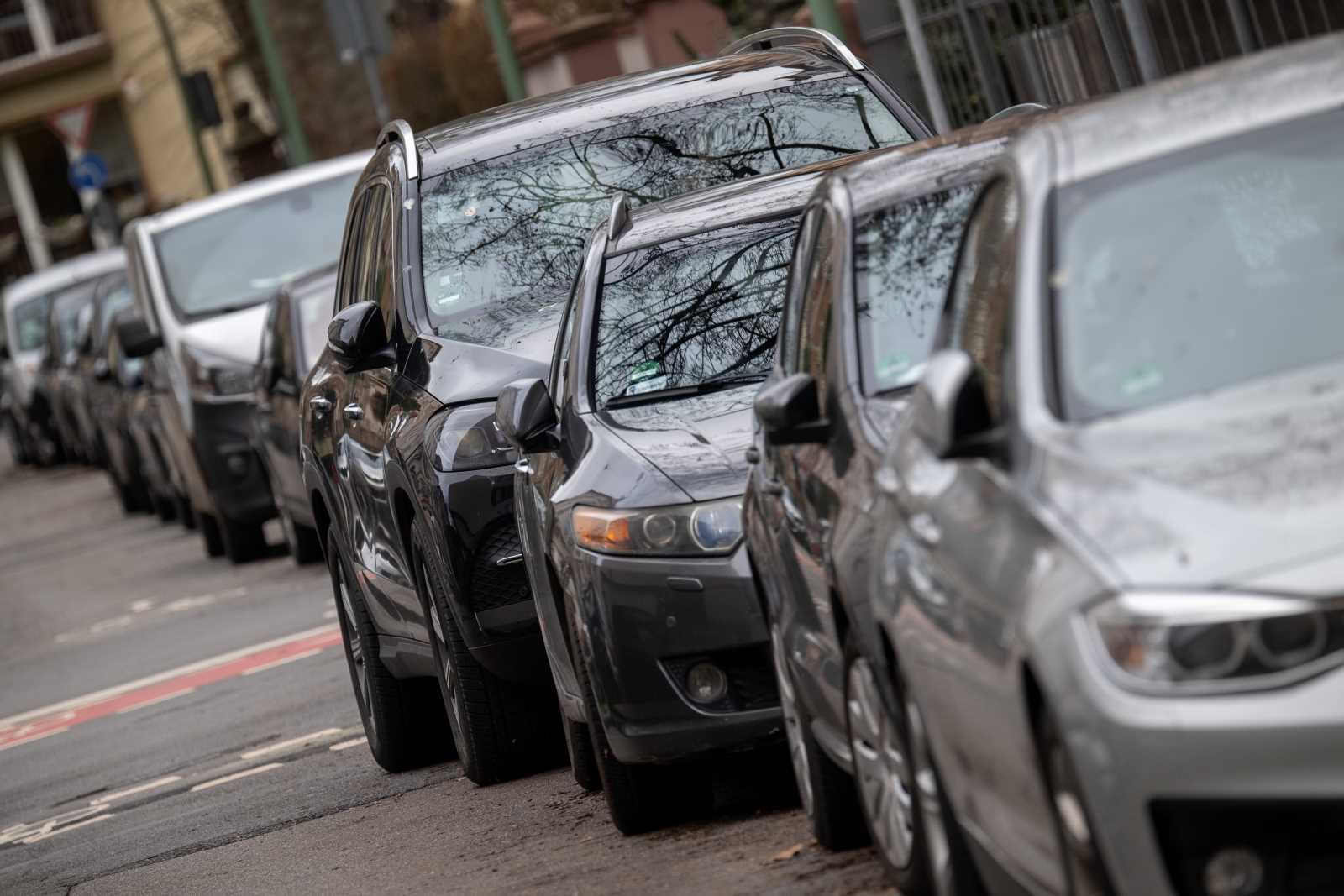Climate protests
Why civil disobedience is inherently non-authoritarian

XR is an interesting new phenomenon. It started about a year ago in Britain and is spreading fast internationally. This week, XR activists have been – or still are – blocking transport infrastructure in major cities, including London, Berlin, Amsterdam, New York, Mumbai, Sydney and others. They want to draw attention to the climate crisis, the loss of biodiversity and other related trends. Moreover, they demand radical policy change to limit the damage and reverse the trends.
XR is attracting a lot of criticism. It is no surprise that climate-crisis deniers disagree with this movement, but it is striking that even people who agree that climate action is necessary are expressing criticism. I am not sure if XR is taking the right approach myself. My worry is that disrupting urban traffic may antagonise masses of people and turn them against the environmentalist cause. In my eyes, the priority must be to convince people of climate action. On the other hand, determined protests may serve that purpose. It is too early to tell.
Some points that XR critics raise, however, reveal a general lack of understanding of civil disobedience as a political instrument. It has been argued, for example:
- that XR is fundamentally undemocratic and even authoritarian,
- that it lacks a spirit of solidarity with other movements, and
- that it is too friendly (and even accommodating) towards the police and the authorities in general.
Let me elaborate briefly why I disagree.
Non-violent movements can be very forceful. However, their power results mostly from the ethical stand they are taking and not so much from the disruption they cause. The idea is not to make all traffic stand still by any means possible to impose the movement’s will on everyone else. Breaking the law is not meant to be the immediate remedy. It serves as a symbol of determination and emphasises urgency. The goal is to involve as many people as possible to show that one has mass endorsement and force the authorities to respond to the movements’ demands.
Therefore, non-violent protesters do not try to avoid arrest and indictment. Nor do they try to polarise “us versus them”. Instead, they insist that something is wrong with the existing order and make a moral appeal to change it. The fundamental message is: “We do not think things can keep going on as usual.”
Obviously, the authorities will find it hard to enforce sanctions against a movement if its demands are basically sound. It is true that civil disobedience does cast doubt on the legitimacy of the political order and those holding political office, but non-violent activists neither attack the police, nor do they keep them from doing their work. They do not try to overwhelm the security forces, but only to overburden them. To achieve that, they need to convince and mobilise huge numbers of people. Such action may be radical, but it always includes the invitation to engage in debate and find solutions to pressing problems.
Questions of legitimacy
Any government that depends on democratic legitimacy, will struggle to explain why it is locking up thousands of non-violent people. By contrast, it will face no similar problems when its security forces clamp down on people who smashed windows, burned cars or harmed persons. It is thus easier to crush violent protests than to silence mass non-violent action. Numbers and ethical concerns matter very much.
That said, it is not easy to organise non-violent disobedience. Tense situations can easily spin out of control, and it is imperative for the movement to avoid violence. That means that every single activist who takes part in illegal non-violent action must do so voluntarily. Those who are pressed to take part are far more likely to panic, and panic can trigger violence. For this reason, activists often organise in small groups of people who know one another and look out for one another. Anyone who no longer feels confident, is free to leave at any time. Mutual trust is important, and that means there is only little scope for including strangers spontaneously.
Non-violent movements must make sure they are not usurped by agents provocateurs. They must also keep a distance from radical groups that may try to ride piggyback without committing fully either to cause or to non-violent methods. These are further reasons to organise in many small groups that act autonomously and voluntarily. Of course, these groups must coordinate joint action, but none of them obey commands. They are not at the disposal of some kind of top leader or headquarters. Every group is guided by its members' conscience.
A non-violent movement is thus implicitly non-authoritarian. Its strength ultimately depends on how many people it can mobilise to consciously risk being arrested, taken to court and eventually sentenced. A movement of this kind must focus on the common cause it is fighting for, setting aside all other politically relevant concerns. The scope for expressing solidarity with other movements is therefore limited. It is pointless, moreover to criticise such a movement of elitism only because not everyone has equal incentives to take part. Only those who want to take the risk are invited to do so. Nobody expects illegal immigrants, for example, to risk an arrest which might lead to deportation. Every participant must assess the risks personally and act accordingly.
XR is a new phenomenon. Non-violence is one of its declared principles. I haven't done any serious research concerning XR, but from what I have read in the media so far, it seems to me that XR is living up to it. Whether XR will achieve its goals, is an entirely different question.















